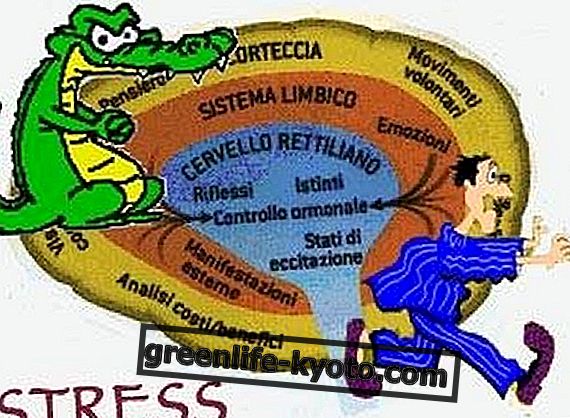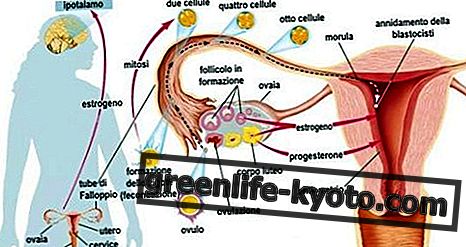
How did macrobiotics come about?
The term Makrobios was used for the first time by Hippocrates in the fifth century BC
The father of Western medicine used it in his essay to describe a group of young men who were healthy and long-lived. Hippocrates reiterated the importance of healthy living, which is in harmony with the environment, and of a correct diet based on the choice and careful preparation of food.
His philosophy can be summarized in an aphorism "Make food your medicine and medicine your food".
Other classical authors such as Herodotus, Aristotle, Galen and Lucian used the term macrobiotic in reference to health and longevity.
In more recent times macrobiotics found a spokesman in the German Hufeland, Goethe's doctor.
He dedicated his life to the promotion of a simple diet based on cereals and vegetables, warning of the dangerousness of meat and sugar, recommending breastfeeding and the practice of physical exercises and advocating self-healing .
In the twentieth century he helped to revive the dynamic conception of change Sigmund Freud, the founder of psychoanalysis, according to which the two basic energies are libido and thanatos, the instinct of life and the death instinct.
In the balanced man these two fundamental drives compensate each other; in the sick one gets blocked and a neurosis is produced.
The concept of macrobiotics is not an abstract concept but a living reality.
Starting from the first cultures and civilizations that flourished on this planet, it was practiced generation after generation: contemplating diet and sleep, activity and rest, thought and feeling.
The macrobiotic spirit is inseparable from the service of others, as an individual and as a community, of the family and of society.
Macrobiotics is not a philosophy born in a given period but it is universal in purpose, it considers all antagonisms complementary, it recognizes that our knowledge and our practice are not static, always equal but dynamic, always in continuous evolution.













